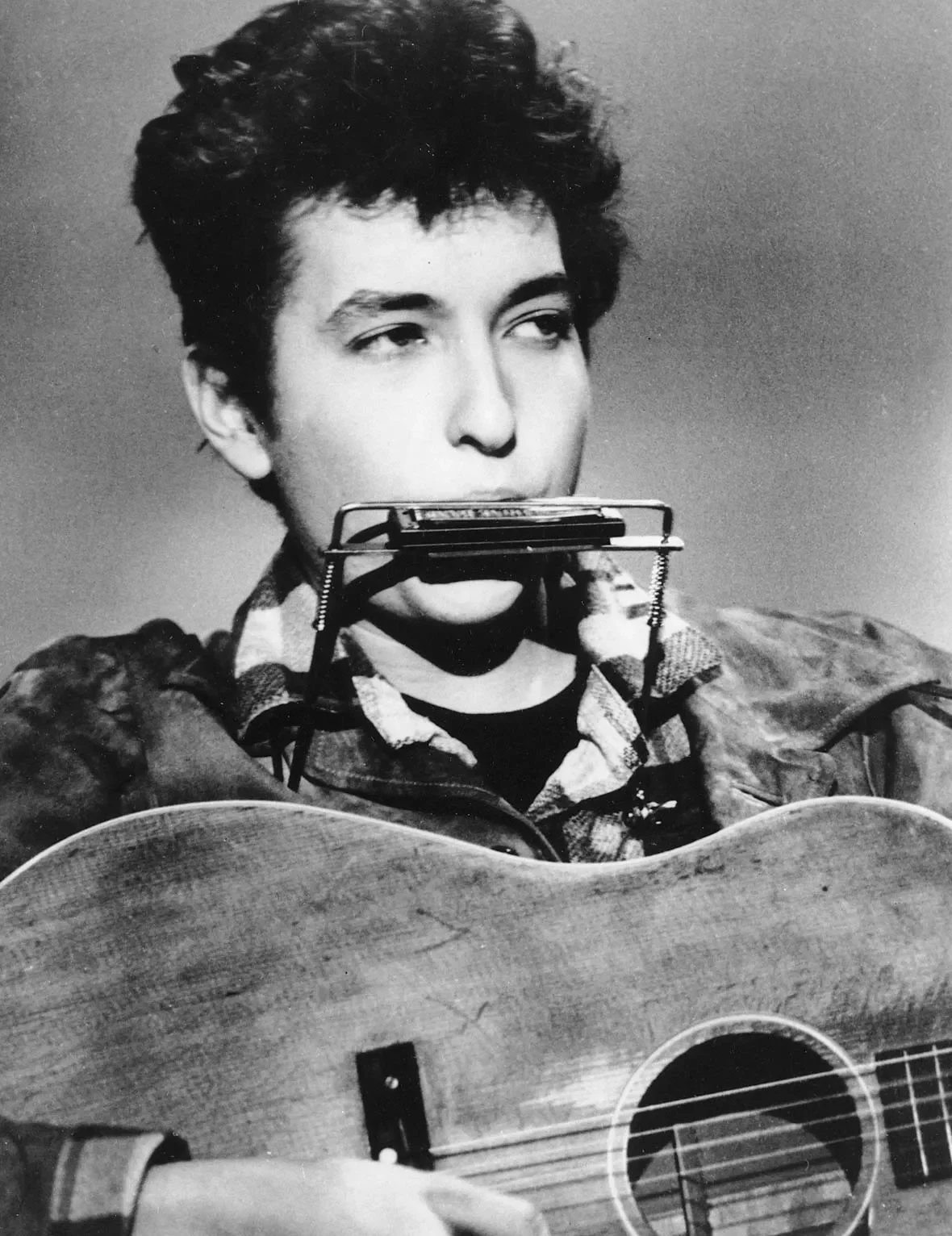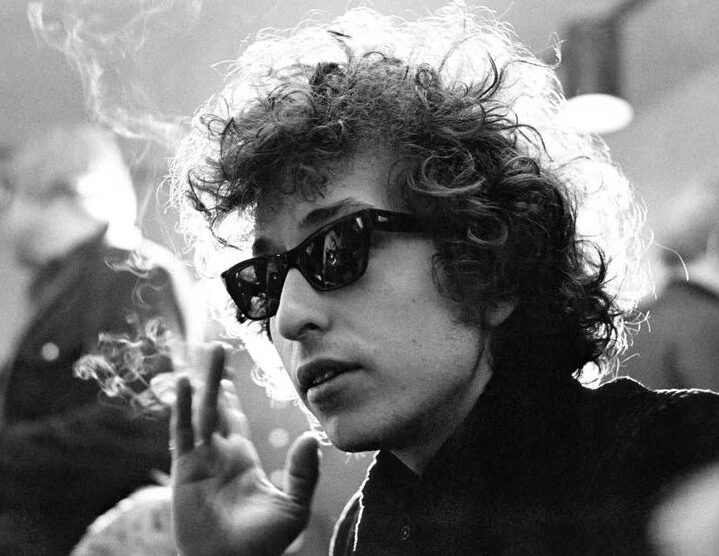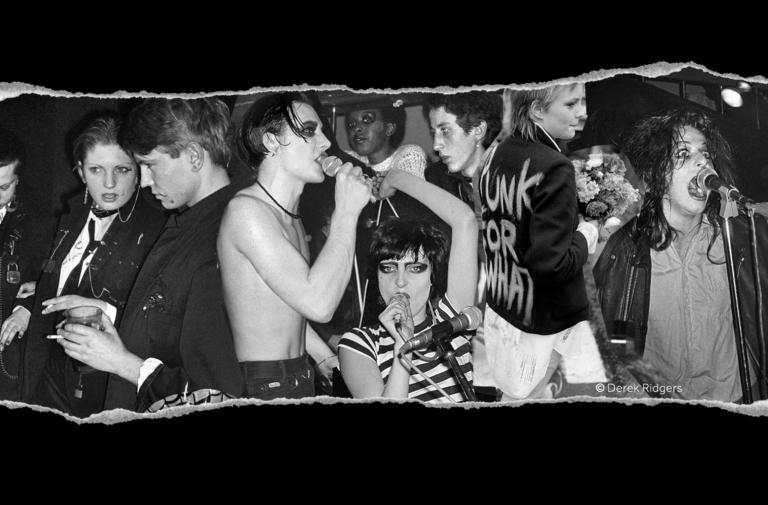Bob Dylan: Analyzing the poetic songwriting of this influential folk musician
Bob Dylan is a legendary singer-songwriter known for his poetic lyrics and distinctive voice. Born Robert Allen Zimmerman in Duluth, Minnesota in 1941, Dylan began his music career in the early 1960s, quickly gaining popularity for his folk songs that addressed social and political issues of the time. Dylan’s influence on folk music and rock and roll is immeasurable, having inspired countless artists and musicians over the years. In 2016, Dylan was awarded the Nobel Prize in Literature for “having created new poetic expressions within the great American song tradition”. With over 50 years of music under his belt, Dylan’s impact on the music industry is undeniable.
One of Dylan’s defining characteristics as a songwriter is his unique style of songwriting. His lyrics are often poetic and metaphorical, exploring complex themes and ideas. Dylan’s songs are known for their storytelling quality, often taking on a narrative structure that is reminiscent of traditional folk ballads. Despite his folk roots, Dylan’s music has evolved over the years, incorporating elements of rock and roll, blues, and country music. Dylan’s experimentation with different genres and styles has contributed to his status as a musical icon and pioneer.
Dylan’s impact on music and culture extends far beyond his own music. He has influenced a wide range of artists, from folk musicians to rock and roll legends. Dylan’s ability to blend poetry and music has inspired countless songwriters and poets alike, and his songs continue to be studied and analyzed as works of literature. Dylan’s legacy as a musician and songwriter is secure, and his impact on the world of music will undoubtedly continue to be felt for generations to come.
Dylan’s use of poetic devices in his lyrics
Bob Dylan’s songwriting style is renowned for its poetic quality, and his lyrics are often analyzed through a literary lens. Dylan’s use of metaphors and similes is a common feature in his songwriting, and they serve to enhance the depth and meaning of his lyrics. His songs are also rich in symbolism and imagery, which add layers of interpretation to his work. Dylan’s ability to use these poetic devices in his lyrics has contributed to his reputation as one of the most influential songwriters of the 20th century.
Alliteration and assonance are also present in Dylan’s songwriting, adding to the musicality of his lyrics. These devices create a rhythmic quality to his songs, making them more memorable and impactful. Dylan’s use of these devices is particularly evident in his song “Love Minus Zero/No Limit,” where he uses alliteration to emphasize certain sounds in the lyrics.

Dylan’s songwriting has been recognized for its poetic quality, and he has been awarded numerous accolades for his contributions to American literature. Dylan’s lyrics often contain powerful messages that speak to social issues and the human condition. His song “Like a Rolling Stone” is a classic example of Dylan’s ability to incorporate poetic devices into his lyrics, using metaphor and imagery to convey a sense of loss and despair. While some may debate whether Dylan’s lyrics constitute poetry, there is no denying the impact and influence of his songwriting on American culture and music.
Dylan’s political and social commentary in his songs
Bob Dylan’s songs and poetry are known for their social and political commentary, making him a major voice in the civil rights and anti-war movements of the 1960s and beyond. Dylan’s songs of protest and social justice, such as “Blowin’ in the Wind” and “The Times They Are A-Changin’,” became anthems for those fighting for equal rights and social justice. His songwriting style, which blended elements of folk, blues, and gospel, has been a major influence on the development of numerous genres of music. Dylan’s ability to capture the spirit of the times through his lyrics and music has made him an icon of American culture.
Dylan’s influence on the civil rights movement was profound. In “The Times They Are A-Changin’,” he focused on the movement and showed why his literary elements and lyrics were so important in shaping the conversation around civil rights. Dylan’s songs became anthems for social justice, inspiring generations of activists to continue fighting for a better world. Many artists, from the Beatles to Bruce Springsteen, have cited Dylan as one of the most important influences on their music and songwriting.
Dylan was also a vocal critic of war and government policies. In songs such as “Masters of War” and “A Hard Rain’s A-Gonna Fall,” he criticized the military-industrial complex and the government’s handling of the Cold War. Dylan’s ability to use his music to express his political views and critique the status quo helped to galvanize a generation of activists and change-makers. In 2016, Dylan was awarded the Nobel Prize for Literature “for having created new poetic expressions within the great American song tradition”. While some may debate whether his lyrics can be analyzed as poetry, there is no denying that Dylan’s writing is inseparable from his music and that he is a cultural icon.
Dylan’s personal and emotional themes in his music
Bob Dylan’s music is known for its poetic and literary qualities, with his songwriting being recognized as a new poetic expression within the American song tradition. Dylan’s writing is inseparable from his music, and his lyrics can be analyzed as poetry. One of the most common themes in Dylan’s music is love and relationships, with the love song being the most common type of song in his repertoire. Dylan explores the complexities of love and relationships in his music, often delving into personal experiences and emotions. His lyrics are known for their raw honesty and vulnerability, which has made his music relatable to many listeners.
Another recurring theme in Dylan’s music is the exploration of identity and self-discovery. Dylan’s lyrics often reflect on the search for meaning and purpose in life, as well as the struggle to find one’s place in the world. He has been known to draw inspiration from his own experiences, as well as from literature and poetry. Dylan’s introspective and reflective lyrics have resonated with audiences and have contributed to his enduring legacy as a songwriter.
Dylan has also explored themes of loss and grief in his music. His lyrics are filled with poignant and emotional expressions of sadness and mourning, often drawing from personal experiences of loss. Dylan’s ability to capture the complexity of human emotions and experiences has made his music timeless and relevant across generations. Through his poetic songwriting, Dylan has influenced a wide range of artists and has left a lasting impact on the music industry.
Conclusion and legacy of Bob Dylan’s songwriting
Bob Dylan’s influence on contemporary music and songwriters cannot be overstated. As a singer-songwriter, he is known for his poetic lyrics and distinctive voice, which have inspired countless musicians across various genres. Dylan’s impact on popular culture has been immense, and he has been recognized for his contributions to the American song tradition with numerous awards and accolades. His ability to blend poetic imagery with musical storytelling has set a standard for songwriting that continues to be emulated by artists today.

In addition to his influence on music, Dylan’s impact on literature and poetry is also significant. Dylan’s lyrics are often analyzed as poetry, and his writing has been praised for its depth, introspection, and exploration of themes such as love, social injustice, and spirituality. Dylan’s ability to capture the essence of the zeitgeist and reflect it back to his audience has made him a cultural icon and a source of inspiration for aspiring writers of poetry and prose.
Despite his long and storied career, Dylan’s relevance and enduring legacy continue to be felt today. His songs and poetry remain as powerful and relevant as ever, and his influence on popular culture shows no signs of fading. Dylan’s ability to connect with audiences through his words and music has made him one of the most important and influential artists of the 20th century and beyond. Dylan’s impact on popular culture and his contributions to the art of songwriting will continue to be studied and celebrated for generations to come.





